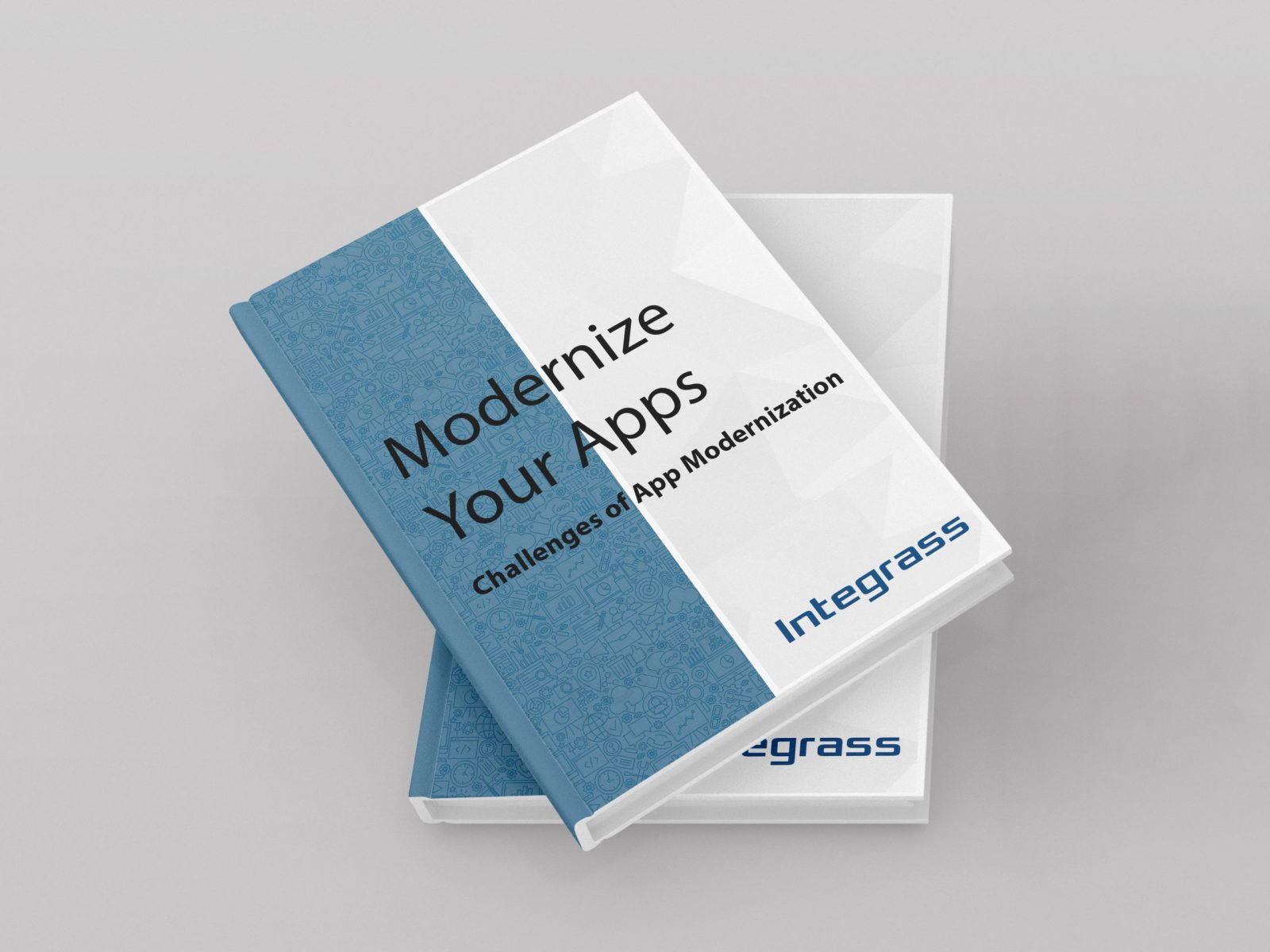Introduction
Modernizing applications is a priority in many organizations today.
While embracing the latest techniques of app modernization, businesses face some complex challenges. Technically, these problems are concerned with the cost and complexity of the applications.
Listed are some of the significant challenges of app modernization.
Challenges to Application Modernization
Not every business follows the same technology and platform. Business organizations have multiple technologies and platforms with unsupported environments and legacy applications. Overlapping these business processes, dependencies across applications, and hard-wired integrations are some of the reasons why organizations do not modernize their applications.
The Key Challenges to Modernize an application are as follows:
Incompatible and Inflexible application: Inflexible and aging applications can hinder an organization’s ability to make innovations and deliver new products. Technology is changing rapidly, and if businesses want to take advantage, the solution would be to transform the current legacy application with a modern application.
Change- Management: Finding a skilled workforce for updated systems is complex. The struggle to migrate from legacy systems to modern applications may lead to disruptive changes in data.
Negative Customer Experience: The customer experience is severely affected by too many features and complexity. Customers may struggle to use the application because of too many functionalities. As a result, with a negative customer experience, companies will be unable to retain or gain a new customer
High cost of legacy systems: As technology rises, maintaining a cost-effective system with a legacy system seems nearly impossible. Legacy systems are expensive to manage as support and updates for older systems are much more expensive than the upgraded ones.
Lack of information: Modernized systems and applications provide accurate information. By modernizing the application, businesses have the added advantage of providing robust data and statistics, unlike the legacy systems that are not up-to-date with information.
The Solution
As application modernization enables rapid acceleration in enterprise growth, there is an emerging trend of organizations to modernize legacy applications. Continuing the trend, a recent Statista survey projects that almost 70% of organizations use application modernization and plan to increase their profits by modernizing their apps. Legacy applications are traditionally run on-premises that rely on slow, monolithic frameworks. As a result, legacy applications cannot keep up with modern devices’ agility and performance requirements. Organizations tend to modernize applications with application modernization services, so they must be careful of the challenges and the right approach with an integrated app modernization solution. However, the right migration strategy depends on the application type, budget, and business needs.









